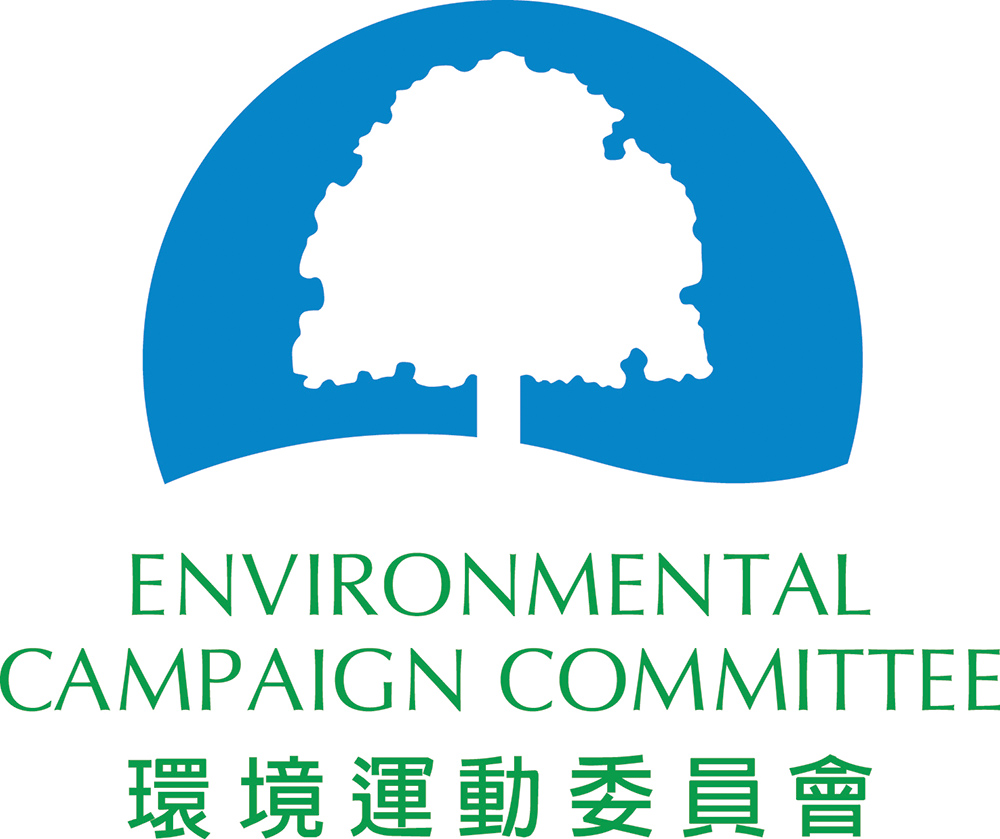Reducing the impact of recreational activities

Shui Hau and Clam Digging
Shui Hau Wan is a unique area comprising various coastal habitats, including marshes, mangroves intertidal sand and mud flat, boulder shores and rocky shores. Due to its varying habitat features, it supports a relatively high biodiversity with more than 180 species recorded, including the “Living Fossils” horseshoe crab.Unfortunately, Shui Hau Wan has been facing high levels of disturbance and pressure from human activities such as clam digging. Unregulated clam digging is a serious problem that can lead to juvenile horseshoe crabs being trampled and may change the composition and density of the benthic community structure and the availability of prey. Large Asiatic hard clams here have all but disappeared due to this unsustainable activity.
ECF Sustainable Shui Hau
The ECF Sustainable Shui Hau project, initiated by WWF in 2018 with support from the government’s Environment and Conservation Fund and the Environmental Campaign Committee, aims to preserve the high ecological value of Shui Hau and lower human disturbance from ecotourism and encourage the long-term sustainable use of coastal resources.Citizen Scientist Ecological Surveys
Systematic biodiversity surveys are vital to ensure a deeper understanding of Shui Hau’s coastal ecosystem, and to ensure appropriate conservation measures and actions are undertaken for effective habitat and species management in the future. Under this project, WWF will train and mobilise volunteer teams to conduct ecological surveys at Shui Hau, with support from team scientists.| Team Scientists Recruitment We have recruited 30 outgoing and passionate university/tertiary institute students and graduates majoring in life sciences, biology or environmental-related subjects to serve as team Scientists and raise public awareness about the importance of mudflat ecology. |
| Survey Team Recruitment A series of ecological surveys will be conducted from November 2018 to October 2019. Those from a non-environmental related background can still form survey teams or join as an individual and help us study the area’s biodiversity! Join us now
|
Eco-visits
To raise public awareness of the importance of the Shui Hau mudflats and the impact of clam digging to the environment, free eco-visits will be organised during the weekend from October 2018 to October 2019. By appreciating and understanding Shui Hau’s local ecology, as well as promoting a code of conduct for clam-digging, WWF aims to educate the public about rethinking the relationship between human and nature.Join us now
Self-disciplinary Code of Conduct & Clam gauge
To reduce anthropogenic impact, WWF aims to raise awareness of local clam diversity and ecology. Under the ECF Sustainable Shui Hau project, we’re launching the first clam conservation management measures in Hong Kong, including a set of Code of Conduct on carrying out responsible clam-digging activities. In addition, WWF has produced clam gauges designed for several clam species. Clam diggers are encouraged to use these gauges to determine small clams that should not be harvested. WWF believes promoting sustainable use of marine resources will help revive the clam community in Shui Hau Wan.Learn more: Code of Conduct for clam digging activities
Learn more: Clam gauges
The ECF Sustainable Shui Hau project is sponsored by the Environment and Conservation Fund and the Environmental Campaign Committee.












